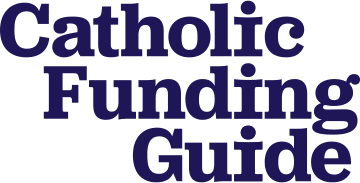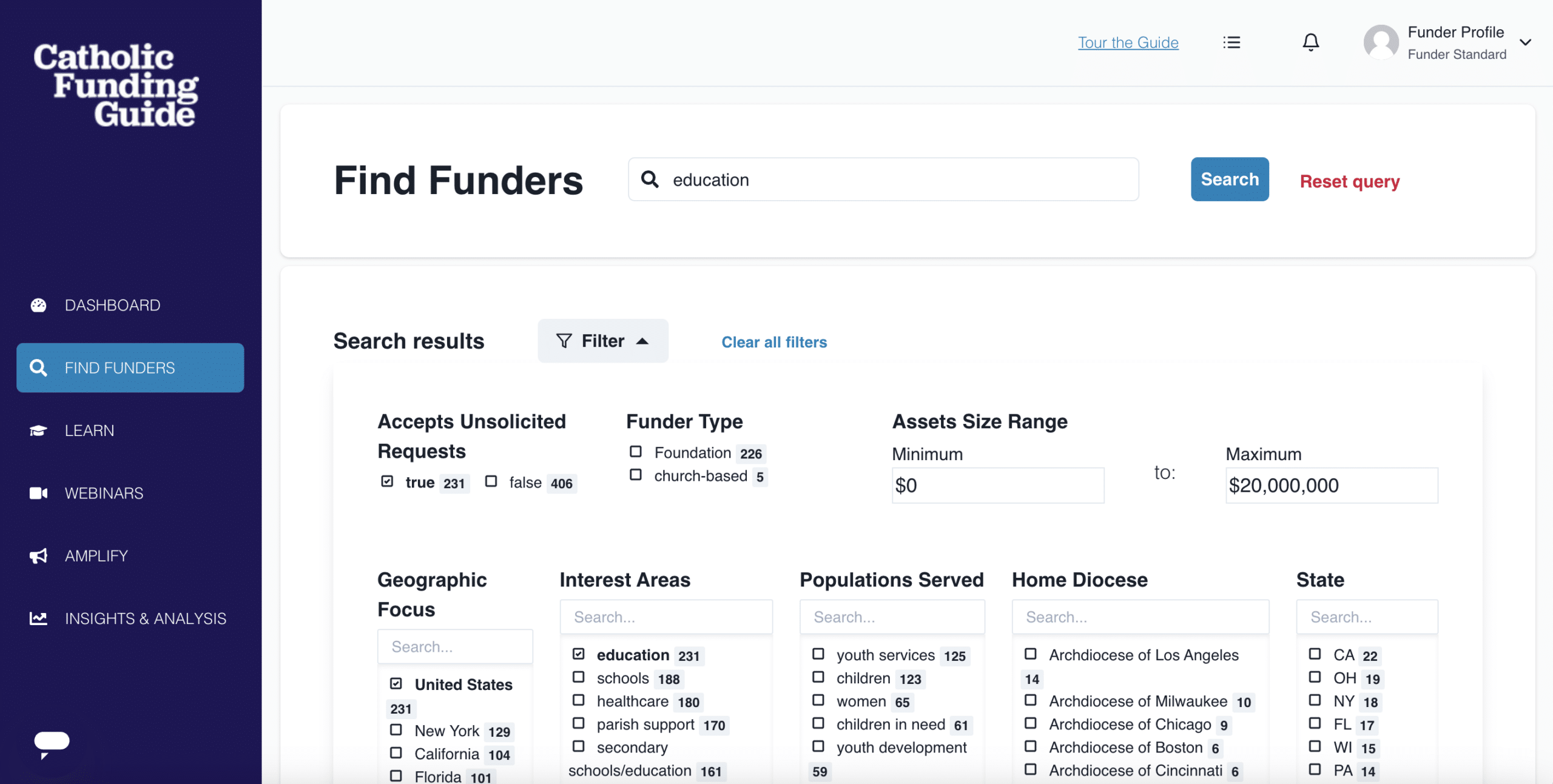This article by Elizabeth Lynn originally appeared in the March 9, 2021 issue of the Insights newsletter from Lake Institute on Faith & Giving.
Some years back, asked to teach a first-year seminar on service for my university, I titled the course, “Service for What?” Together, the students and I read Jane Addams, Martin Luther King Jr., Kurt Vonnegut, Andrew Carnegie and more. But, as I later learned, what the students took away from the course was not any particular book or idea about service. What they took away was the question mark in the course title. For some reason my students loved that question mark, and they were soon attaching it to every other course they had to take. Statistics for What? Christian Tradition for What? Human Anatomy … and Engineering … and History … for What?
The moral of this story, I suppose, is that one person’s take-away may be another person’s question mark.
Two weeks ago, in the late light of a February afternoon, I had the privilege of facilitating Lake Institute’s first Distinguished Visitors Dialogue, a new series bringing together exemplary leaders from the fields of faith and philanthropy for conversation and reflection. For this inaugural dialogue, titled “Faith and Philanthropy: Blueprints for the Common Good?,” our delightfully distinguished visitors were Bishop Jennifer Baskerville Burrows, of the Episcopal Diocese of Indianapolis, and David Dodson, recently retired president of MDC, a nonprofit organization helping Southern leaders and communities advance economic mobility for people on the margins through education, employment, economic security, and strategic philanthropy.
Together, for more than an hour, we talked about what faith and philanthropy can do to help create a better world.
I hope you will listen to this recording of our conversation and form some take-aways for your own time and place. Here are a few take-aways of my own, from the many wise, hard and hopeful things that our two distinguished visitors discussed.
The Beloved Community
First, and profoundly, David Dodson and Bishop Jennifer Baskerville-Burrows gave us a vision of the good society. They noted that, at their best, both faith and philanthropy call us to seek a world in which all persons are loved, known and heard, a world in which all are treated with dignity and respect. Whether we name this ideal ‘the common good,’ or ‘the beloved community,’ it is a compelling and hopeful vision of a world in which, in Bishop Jennifer’s clarion words, “all can thrive, all are loved. Period. No conditions. No qualifiers. I care about your well-being as much as I care about my own.” This vision of the good, shared and sharpened by both speakers, was a striking and welcome antidote to so much current public tug-and-pull that, as David Dodson put it, treats the common good as “a zero-sum game.”
Second, across this nation, communities are reckoning in new ways with America’s long record of failure to recognize the humanity of all its people. We are coming to acknowledge, unevenly but increasingly, that the world—and often the wealth—we have inherited has been built on acts of racial inequity and economic injustice, acts that cannot be ignored when we decide how to live or how to give. In the words of David Dodson, this makes the present moment “at once a hard time and a wonderful time.” It is hard because we must first atone for that past, and in the process grieve lost understandings of ourselves—and wonderful, because we know that we can decide to live differently with one another. To borrow from the inaugural poem of Amanda Gorman, “Being American is more than a pride we inherit/ It’s how we step into the past and repair it.”
Hard and Wonderful Moment
In this “hard and wonderful” moment, our speakers noted communities have the opportunity to step into their past and repair it—and religious and philanthropic leaders are essential helpers for this ‘holy work.’ Both David Dodson and Bishop Jennifer lifted up the leadership of specific community foundations, from Indianapolis to Charlottesville and beyond, in setting the table and starting needed conversation about racial inequity and restorative justice. And both speakers spoke at length about the spiritual gifts that faith traditions can bring to that community table: love and forgiveness in the face of fear, shared narratives in place of disparate stories, a language of hope, and trust in abundance in contrast to mindsets of scarcity and competition.
Toward a Common Purpose
We ultimately agreed that in this time faith and philanthropy should be working on this together. It is probably important to ask, then, what is keeping us apart? Bishop Jennifer and David Dodson reflected on this crucial question in turn, noting the anxieties about sectarianism that make philanthropic leaders sometimes “skittish” about working with faith leaders. As David put it, philanthropic leaders today have a “huge opportunity to recognize the non-sectarian work of faith institutions [as] holy work.” This is a moment to move toward one another with “open hands,” agreed the Bishop, and recognize we are working toward a common purpose.
Surely such dialogues are a place to start.
These were just a few of my take-ways from the conversation with Bishop Jennifer and David Dodson. I hope you will listen here. What are your take-aways? Where would you put your question mark?
Elizabeth Lynn is a project director for the Lake Institute on Faith & Giving, a department of the Lilly Family School of Philanthropy.



